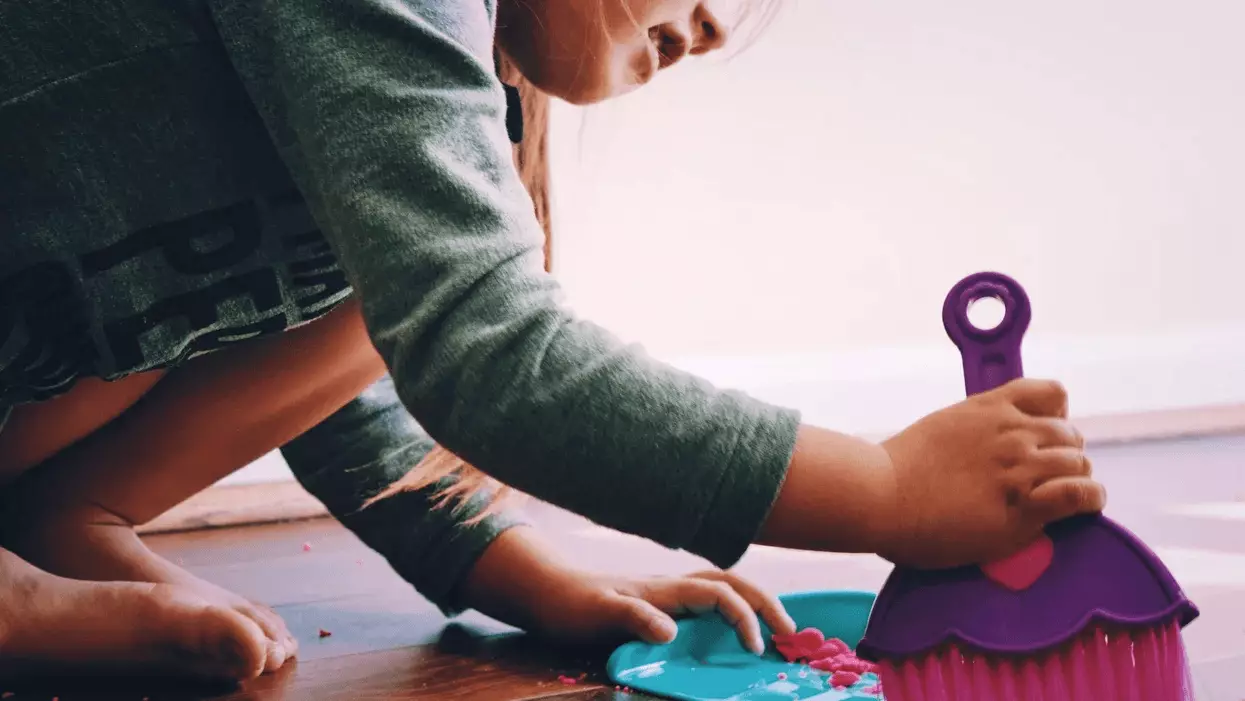Parents often find themselves in a quandary when it comes to involving their toddlers in household chores. The common perception is that toddlers are notorious for making messes rather than cleaning them up. However, what many parents overlook is the innate curiosity and eagerness of these little ones to assist. In fact, allowing toddlers to join in on daily tasks fosters a sense of pride, responsibility, and autonomy. Not only does this involvement nurture their development, but it also presents parents the opportunity to accomplish tasks while simultaneously spending quality time with their children.
By engaging toddlers in chores, parents can create a positive feedback loop that encourages good behavior and cooperation. The time spent working alongside their parents makes children feel included and valued within the family unit. Consequently, the challenge for many parents lies in identifying which tasks are suitable for their toddlers, ensuring that these chores are age-appropriate and safe.
Creating a productive household dynamic often starts with a meticulous assessment of daily chores through the lens of what toddlers can safely participate in. Even mundane tasks like unloading the dishwasher can transform into an invigorating activity for toddlers. Initially, they may only be able to hand over dishes, but it’s crucial to model safe handling techniques. As they grow, these small acts evolve into meaningful contributions.
Incorporating foundational teachings about breakage and safety—like handling glassware with precision—provides a vital lesson for them. Storing their dishes in easily reachable areas encourages them to take ownership of their responsibilities. Such actions not only build independence but also present opportunities for accidental lessons in handling fragile items—an essential skill they will carry into adulthood.
Laundry is a practical domain that offers frequent chances for toddler engagement. Given how quickly children can accumulate dirty clothes, involving them in laundry chores can feel less like an inconvenience and more like a collaborative effort. Simple activities such as matching socks or folding napkins can give toddlers a sense of accomplishment. This hands-on involvement in a normally tedious task can also be informative; it allows kids to learn about sorting and organization in a fun and relaxed atmosphere.
Furthermore, allowing toddlers to access their clothing can enhance their sense of independence, giving them the chance to put their own laundry away. As a shared experience, laundry day can foster communication and interaction between parent and child, cultivating a loving bond over shared responsibilities.
Equipping toddlers with tools tailored to their size can go a long way in cultivating a sense of ownership regarding chores. Providing them with a small broom and dustpan prepares them for real-life cleaning tasks in an age-appropriate manner. This not only makes them feel engaged but also empowers them to participate actively in the cleaning routine, fostering their sense of accomplishment and self-worth.
Similar setups—a child-sized watering can for plants or a little table for art supplies—can make chores feel like exciting adventures rather than mandatory tasks. By making these tasks accessible, parents encourage toddlers to take initiative, experience creativity, and understand the responsibilities tied to home maintenance.
Cooking together can also be an enriching experience. Even toddlers can sprinkle pre-measured ingredients or stir batter. Though they may lose interest quickly, inviting them into the kitchen regularly can instill a routine that fosters interest and a love for culinary arts. These moments can help them appreciate the journey of meal preparation, empowering them to contribute meaningfully to family meals in the future.
Importantly, it’s not just about cooking but also about teaching children how to take care of their own things—like washing their toys or bikes together. A shared washing session transforms an ordinary chore into a delightful outdoor experience.
Involving toddlers in their pets’ care presents another excellent opportunity to instill values of responsibility and empathy. Simple tasks such as feeding pets or helping to fill bird feeders can teach them the significance of caring for living creatures. Additionally, the immediate gratification of seeing their role in family life can boost their self-esteem.
Beyond basic chores, parents can also involve toddlers in minor home repairs or projects. While toddlers might only hold screws or hand over tools, the engagement in such activities can deepen their fascination with learning processes—the outcomes of assembling or fixing something could potentially inspire a lifelong interest in mechanics or craftsmanship.
The benefits of involving toddlers in household tasks extend far beyond immediate assistance. This approach encourages them to develop vital life skills while reinforcing their inclusion in family dynamics. Although it may seem easier to tackle chores alone, the long-term impact of establishing routines that integrate toddlers can yield immense dividends.
By fostering an environment where chores are seen as adventures rather than obligations, parents can lay the groundwork for responsible and engaged individuals. The key is balance; the goal is to ensure these connections remain joyful rather than burdensome. With patience, creativity, and the right kinds of encouragement, household chores can transform into valuable learning experiences that shape confident and responsible children for years to come.

